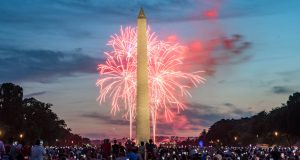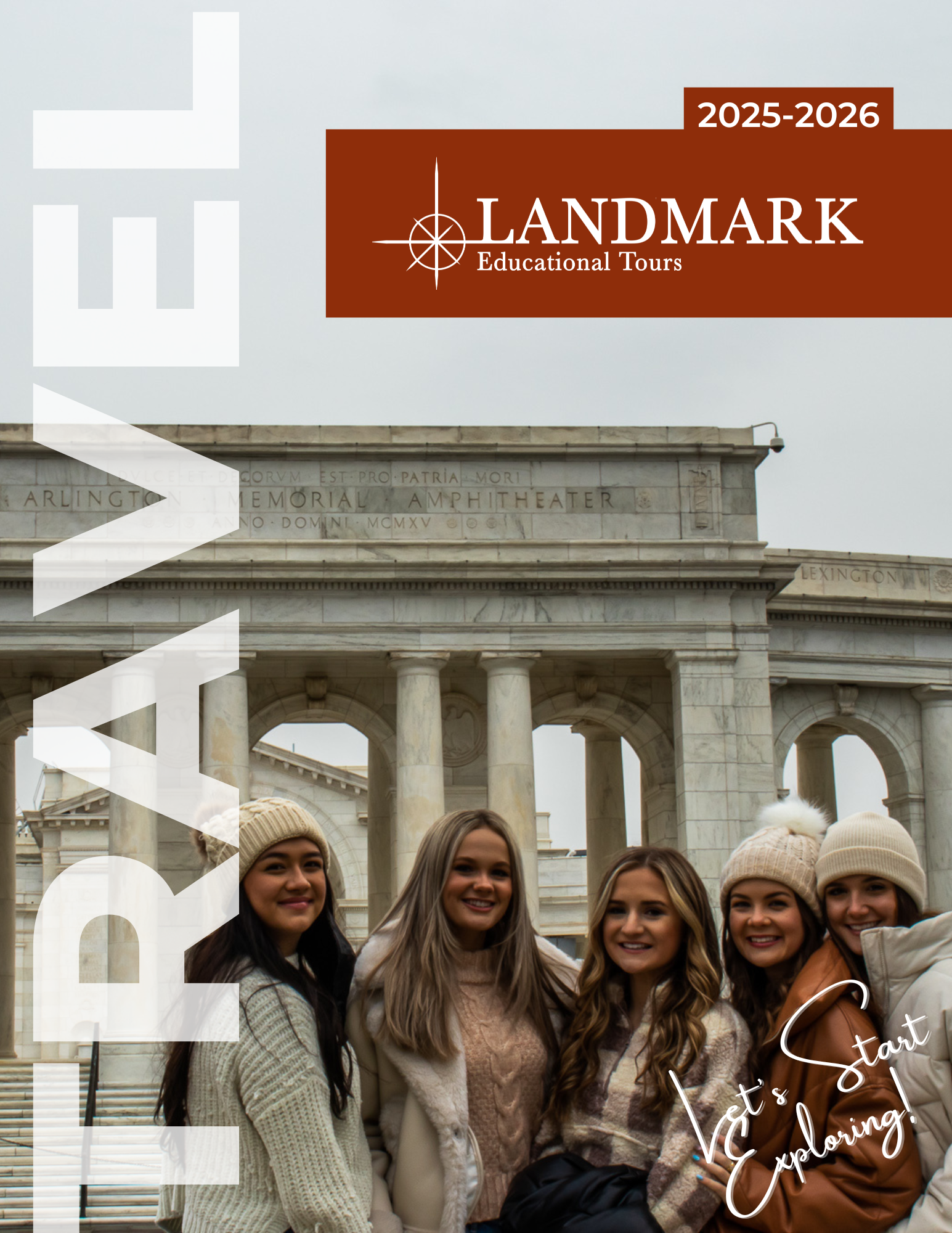HBCU and Their Legacy: Empowering Generations
Historically Black Colleges and Universities (HBCUs) have played a pivotal role in shaping the educational landscape of the United States. These institutions were founded at a time when opportunities for African Americans to access higher education were severely limited. Today, HBCUs continue to serve as centers of academic excellence, cultural preservation, and empowerment for marginalized communities. In this blog post, we will delve into the significance of supporting HBCUs and the critical role they play in preserving a rich legacy while paving the way for a brighter future.
A Legacy of Resilience and Progress
HBCU emerged during an era of racial segregation and discrimination, when African Americans were systematically denied access to education at predominantly white institutions. Despite facing numerous challenges, HBCUs persevered and provided a safe haven for education, intellectual growth, and the nurturing of leadership potential within Black communities. These institutions were more than just schools; they were beacons of hope and opportunity in the face of adversity.
Fostering Academic Excellence
HBCU have consistently demonstrated their commitment to academic excellence. Despite often operating with limited resources, these institutions have produced a remarkable number of influential scholars, professionals, artists, and leaders across various fields. HBCUs have earned a reputation for nurturing talent and providing a supportive environment where students can excel academically and personally. Notable alumni, such as Dr. Martin Luther King Jr., Oprah Winfrey, and Thurgood Marshall, exemplify the transformative impact of HBCUs on individuals and society as a whole.
Nurturing Cultural Heritage
HBCU have been instrumental in preserving and celebrating African American culture, history, and heritage. These institutions have served as cultural epicenters where traditions, arts, and social movements have thrived. From literary achievements to artistic expressions, HBCUs have contributed significantly to the enrichment of American culture. The preservation of cultural identity and the promotion of diversity are cornerstones of HBCUs’ educational philosophy, creating spaces where students can embrace their roots and contribute to a more inclusive society.
Providing Access and Equity
The importance of HBCU extends beyond their academic contributions. These institutions have consistently advocated for equal access to education and social justice. HBCUs have played a vital role in democratizing education by providing opportunities for underrepresented communities to receive a quality education that was once denied to them. By breaking down barriers and expanding educational access, HBCU have contributed to social mobility and the empowerment of marginalized individuals.
Addressing Unique Challenges
HBCUs continue to face distinct challenges, including funding disparities and limited resources. Despite these obstacles, HBCUs have shown remarkable resilience and innovation. Support for these institutions is crucial to ensure they can provide modern facilities, cutting-edge programs, and enriching experiences that are on par with their counterparts. Equitable funding is not only a matter of fairness but also an investment in the potential of future generations.
Paving the Path to Leadership
HBCUs have a proud history of producing leaders who drive positive change in their communities and beyond. The emphasis on leadership development, mentorship, and civic engagement sets HBCUs apart as institutions that foster not only academic growth but also a sense of responsibility and service. Graduates of HBCUs often emerge as advocates for social justice, change agents, and contributors to the advancement of society.
The Call to Support and Preserve
Supporting HBCUs is an investment in the empowerment of individuals, communities, and the nation as a whole. By preserving their legacy, we honor the sacrifices and achievements of those who paved the way for educational equity. Here are some ways individuals, organizations, and policymakers can contribute to this cause:
1. Financial Support
Direct financial contributions to HBCUs can help bridge funding gaps and provide resources for scholarships, research, faculty development, and campus infrastructure improvements.
2. Mentorship and Collaboration
Mentorship programs and partnerships between HBCUs and industries can provide students with invaluable opportunities for professional growth, networking, and hands-on experience.
3. Advocacy and Awareness
Raising awareness about the vital role of HBCUs and advocating for equitable policies and funding can help ensure that these institutions continue to thrive.
4. Alumni Engagement
Engaged alumni can give back by volunteering their time, expertise, and resources to support their alma maters and contribute to the success of current students.
5. Encouraging Enrollment
Encouraging talented students from diverse backgrounds to enroll in HBCUs can help these institutions maintain their legacy of academic excellence and cultural enrichment.
Historically Black Colleges and Universities are not just symbols of the past; they are living testaments to resilience, progress, and the enduring power of education. Supporting and preserving HBCUs is not only a matter of historical remembrance but also a means of empowering future generations. By ensuring that HBCUs receive the resources, recognition, and respect they deserve, we contribute to a more equitable and enlightened society. As we celebrate the accomplishments and contributions of HBCUs, let us continue to stand beside them, advocating for their prosperity, honoring their legacy, and paving the way for a brighter, more inclusive future.

Educational Benefits of Travel for Students
Explore educational benefits of travel for students, including cultural awareness, academic growth, personal development, and lifelong skills.

Washington DC 4th of July Celebration
Experience the excitement of Washington DC 4th of July celebration, featuring fireworks, parades, concerts, and patriotic festivities.

Arlington National Cemetery Tour
Discover history, honor heroes, and experience solemn traditions on an Arlington National Cemetery tour, a meaningful visit for all ages.


